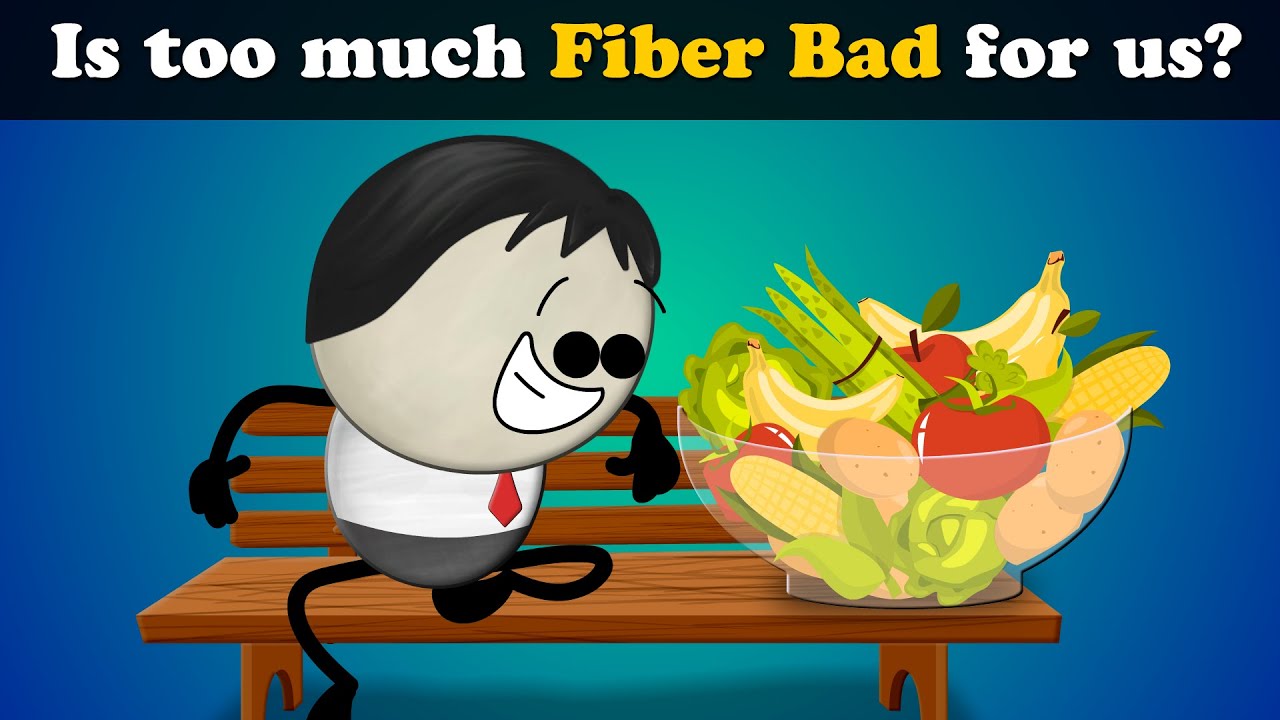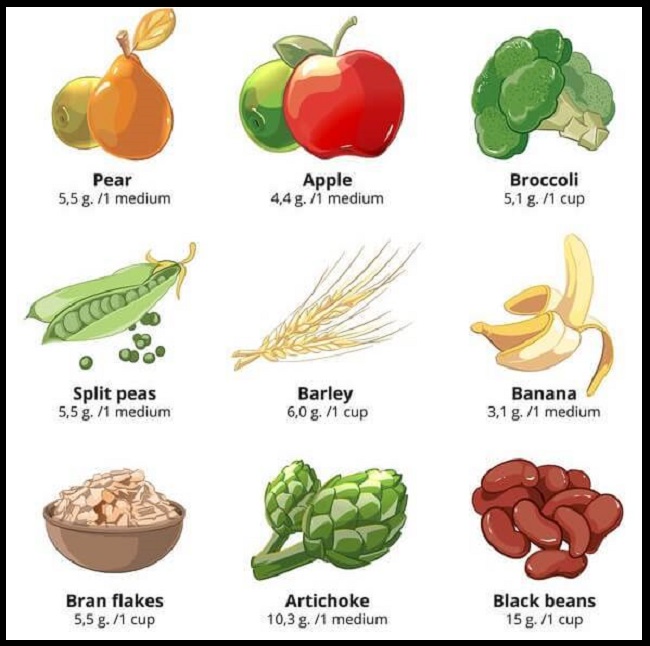While there are some concerns about excessive fiber intake, there are no proven health risks of too much fiber. It is essential to spread your intake throughout the day to reduce any discomfort. As with any other food, the best way to get enough fiber is to include it in every meal. It’s best to increase your daily fiber intake by eating a slice of whole wheat bread or more. You can also increase your intake by adding more vegetables, fruits, and whole grains.

Depending on the type of gastrointestinal disorder, too much fiber can lead to digestive problems. In addition to diarrhea, too much fiber can cause indigestion and constipation. People with chronic conditions, especially gastrointestinal problems, may also experience bowel discomfort if they consume too much fiber. Too much fiber can also prevent the absorption of vitamins and nutrients. It is important to consult with a health care provider if you have symptoms of gastrointestinal upset, diarrhea, constipation, or bloating.
Increasing fiber intake too rapidly can lead to digestive problems. Besides causing digestive symptoms, increasing fiber intake too quickly can result in stomach cramps. In addition, it can cause diarrhea if too much is consumed too quickly. For this reason, increasing your fiber consumption slowly is recommended to avoid any potential side effects. If you experience these symptoms, increase the amount of fiber you consume gradually. If you do notice any unpleasant effects, you may want to lower your intake of these foods.
Too much fiber can affect your ability to absorb vitamins and minerals. For this reason, it is important to eat a balanced diet with the right amount of soluble and insoluble fiber. While it has laxative effects, too much fiber can interfere with your ability to absorb these nutrients. If you feel constipated, you may want to take a multivitamin to compensate. You should also limit your intake of foods that are fortified with soluble and insoluble fiber.
Studies have shown that too much fiber in the diet can increase the risk of developing some illnesses, including heart disease and diabetes. Although fiber is not harmful, it can slow digestion and lead to a variety of uncomfortable symptoms. For example, excessive amounts of fiber may cause gas, bloating, and cramping. Increasing your fiber intake can help prevent these issues. If you have a chronic illness, you should avoid too much fiber in your diet.
Consuming too much fiber may cause abdominal pain. It is important to seek medical attention if you have a painful or prolonged stomach cramp. If you have a serious health problem, such as irritable bowel syndrome, it is vital to see a doctor immediately. If you’re suffering from stomach cramps, you may be experiencing too much fiber. If this happens, it’s important to consult a doctor to determine the cause of the cramping.
High levels of fiber can cause intestinal cramps and diarrhea. Since it slows digestion, too much fiber can also cause problems like constipation and stomach cramps. Fortunately, high-fiber diets are still beneficial for your health, and you shouldn’t stop taking them because you’re worried about side effects. If you’re worried about fiber and its adverse effects, you can try different sources of it gradually. Initially, you should start by eating vegetables and fruits containing high-fiber content.
Too much fiber can cause digestive discomfort. It can also lead to abdominal bloating and cramps. It’s important to add fiber slowly to your diet and consult with your doctor first. If you’re not getting enough fiber, it can be harmful. In the long run, it’s best to include more fruits and vegetables in your diet. You should also increase your fiber intake gradually over a few weeks to see if your body can tolerate too much.
A study conducted by the Harvard School of Public Health found that too much fiber affects the absorption of nutrients in the body. Too much fiber can lead to diarrhea and gas. Therefore, it is best to eat less and focus on eating foods that contain more dietary fiber. But what about the bowels? How do you know if you’re eating too much fiber? And do you have symptoms of constipation?



